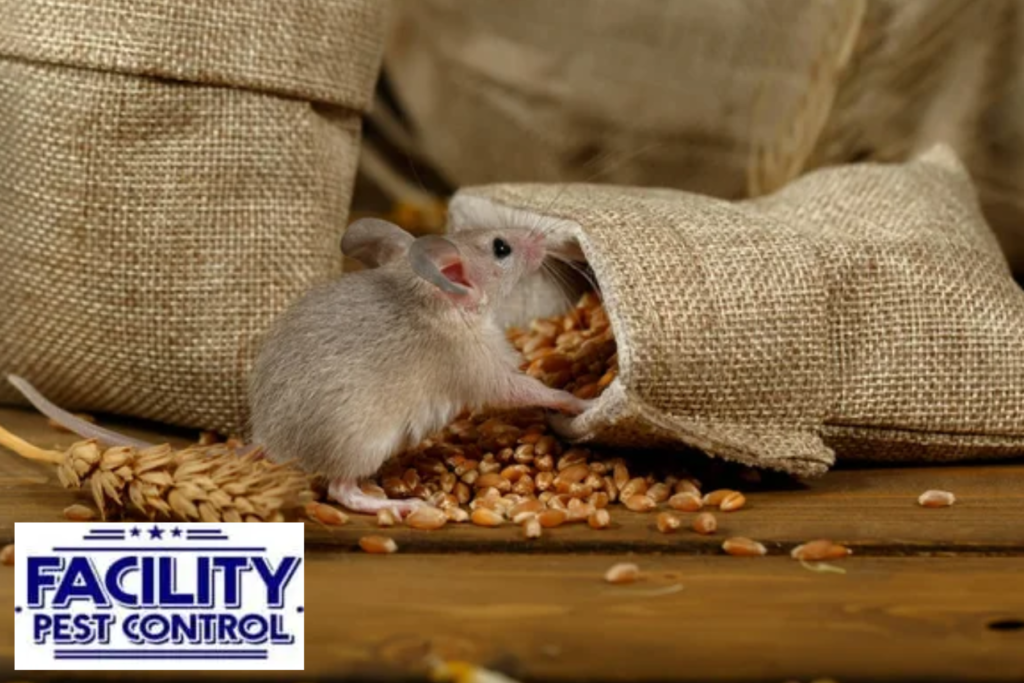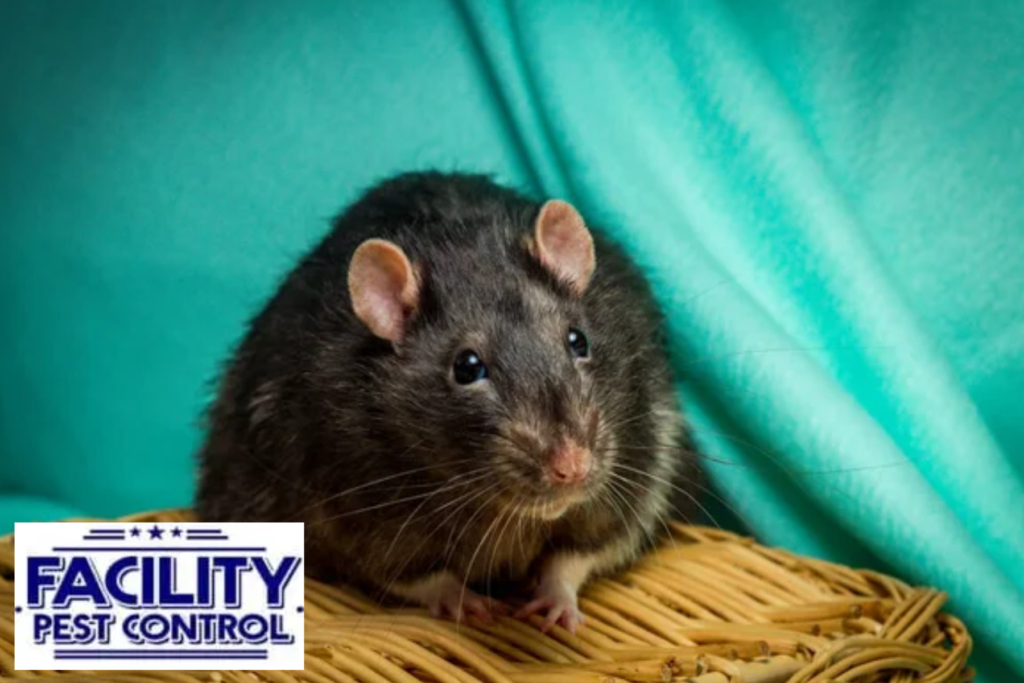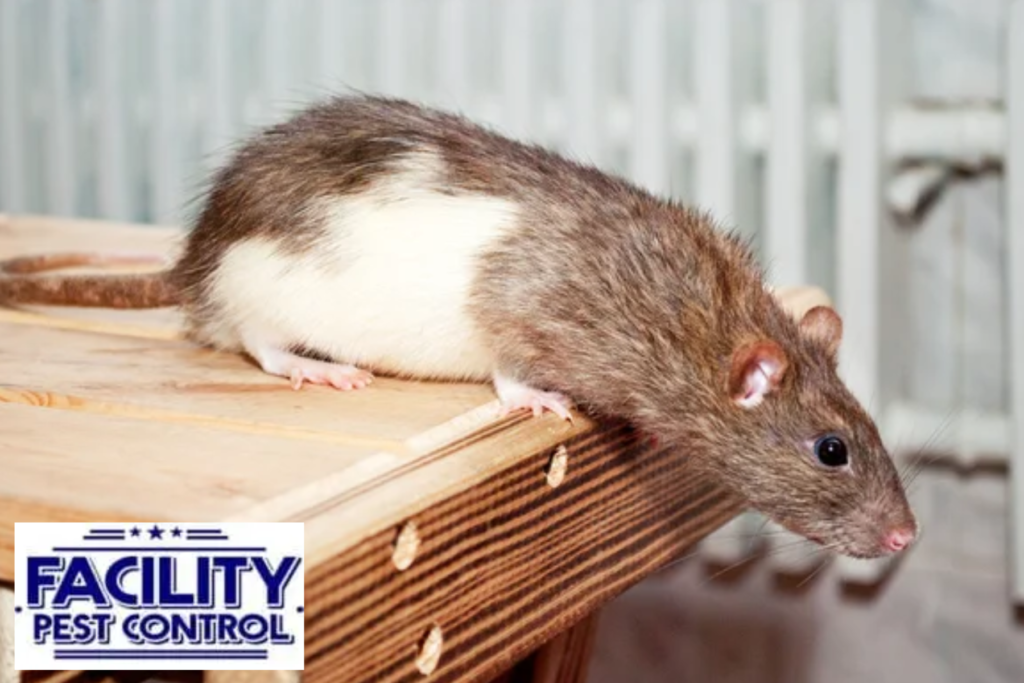Rodents, such as rats and mice, are a common nuisance in homes, businesses, and industrial settings. Their presence not only poses health risks but also causes significant property damage. Effective Woodland Hills rodent control is essential for maintaining a clean, safe, and hygienic environment. In this blog post, we’ll explore various options available for dealing with rodent infestations and how you can protect your property.
Understanding the Importance of Rodent Control
Before diving into the different methods of rodent control, it’s crucial to understand why it’s so important to address rodent infestations quickly. Rodents are notorious for carrying a wide range of diseases, including hantavirus, leptospirosis, salmonella, and even the plague in rare cases. These diseases can be transmitted through direct contact with rodent feces, urine, or saliva, or even through bites.
Beyond health concerns, rodents are destructive creatures. They chew on electrical wiring, insulation, pipes, and wooden structures, leading to costly repairs. Additionally, rodents are known to contaminate food supplies, which could affect both households and businesses, particularly those in the foodservice industry.
With all these factors in mind, let’s take a closer look at the different options for dealing with rodent infestations.
Prevention: The First Line of Defense
The most effective way to manage a rodent problem is by preventing it in the first place. Rodents are often opportunistic, seeking food, water, and shelter. If you can eliminate or reduce access to these basic needs, you can significantly lower the likelihood of an infestation.
Sealing Entry Points
Rodents can squeeze through incredibly small openings. It’s essential to inspect your home or business for any cracks, gaps, or holes in the walls, windows, doors, or around pipes. Sealing these entry points with materials like steel wool, caulking, or metal mesh can effectively block rodents from entering.
Proper Waste Management
Rodents are attracted to food scraps and trash. Ensure that garbage cans are tightly sealed and placed in areas where rodents cannot access them. Regularly clean up any food crumbs or spills, especially in kitchens and dining areas. For businesses, implementing strict food safety and waste disposal protocols can help prevent attracting rodents.
Maintaining Cleanliness
Keeping your environment tidy and free of clutter is another proactive measure. Rodents seek hiding places in piles of boxes, clothing, or unused furniture. Regularly declutter your home or workplace and keep storage areas organized to eliminate potential nesting sites.
Traps and Baits: Common Methods of Rodent Control
If prevention efforts have not been entirely successful and rodents are already present, traps and baits are some of the most widely used methods for rodent control. These options can be effective, but they do require ongoing monitoring and maintenance.
Snap Traps
Snap traps are one of the oldest and most reliable methods for killing rodents. These traps are designed to catch and kill rodents quickly by snapping shut when triggered. They are simple to use and relatively inexpensive. However, they may not always capture all rodents in an infestation, and their placement must be strategic to increase their effectiveness.
Live Traps
Live traps are another option, allowing you to capture rodents without killing them. After capture, rodents can be relocated far from your property. While this method is more humane, it does require you to check the traps frequently to prevent harm to the animal and ensure the trap is working effectively.
Rodent Baits and Poison
Rodent baits and poison are effective in killing rodents by poisoning them. These substances can be placed in areas where rodents are likely to travel. However, the use of poison should be approached with caution, as it can pose risks to pets, children, and non-target wildlife. Additionally, poisoned rodents may die in hidden locations, creating a smell that can linger for weeks or even months.
Professional Rodent Control Services
If you’re dealing with a severe rodent infestation or if DIY methods are not producing the desired results, professional rodent control services are often the best solution. Pest control experts have the training, experience, and tools necessary to handle rodent infestations safely and effectively.
Advantages of Professional Pest Control
- Expertise: Professional pest control technicians are trained to identify signs of rodent infestations and know how to handle various types of rodents.
- Comprehensive Approach: Pest control companies use a combination of methods, including traps, baits, and exclusion techniques, to ensure thorough rodent control.
- Long-Term Solutions: Professionals not only remove the rodents but also offer advice on how to prevent future infestations. This may include sealing entry points, cleaning and sanitation tips, and ongoing monitoring.
- Safety: Experts are knowledgeable about using chemicals and poisons in a safe manner, minimizing risks to pets, children, and the environment.
Natural and Eco-Friendly Rodent Control
For those who prefer a more natural approach, there are eco-friendly rodent control options available. These options tend to be less harmful to the environment and non-target animals while still being effective at deterring rodents.
Essential Oils
Certain essential oils, like peppermint, eucalyptus, and citronella, are known to repel rodents due to their strong scents. You can place cotton balls soaked in essential oils in areas where rodents are active. While this method might not be as effective as traps or poison, it can work as a supplementary measure when used alongside other strategies.
Ultrasonic Repellents
Ultrasonic rodent repellents emit high-frequency sound waves that are unpleasant to rodents but inaudible to humans. These devices can be plugged into electrical outlets and cover a specific area. While the effectiveness of ultrasonic repellents can vary, they can be a useful tool for preventing rodents from settling in certain regions.
Natural Predators
Some people opt to introduce natural predators into their environment to help control rodent populations. Cats, for example, are natural hunters of mice and rats. However, this approach is not always practical or reliable, particularly in commercial settings where cleanliness and hygiene are a priority.
Integrated Pest Management (IPM)
Integrated Pest Management (IPM) is a holistic approach to pest control that focuses on long-term prevention and minimal environmental impact. IPM strategies combine various techniques, such as biological control, habitat modification, and safe chemical treatments, to manage rodent populations effectively.
One of the core principles of IPM is monitoring. By regularly inspecting your property for signs of rodents, you can catch problems early before they escalate into full-blown infestations. This method is not only effective but also environmentally conscious, as it minimizes the use of pesticides and focuses on sustainable pest management.
Choosing the Right Solution for You
When deciding on the best course of action for rodent control Woodland Hills, consider the severity of the infestation, your personal preferences, and the specific needs of your home or business. Prevention is always the most cost-effective and efficient approach, but when problems arise, traps, baits, and professional pest control services offer effective solutions.

About Facility Pest Control
At Facility Pest Control, we understand the challenges that come with rodent infestations and offer comprehensive pest control services tailored to your needs. We specialize in creating pest-free environments for both residential and commercial properties. Our expert team is committed to delivering reliable, eco-friendly pest control solutions, ensuring that your space remains safe and hygienic. Visit our website Facility Pest Control for more information about our services and how we can help you tackle your rodent control Woodland Hills CA needs effectively.




